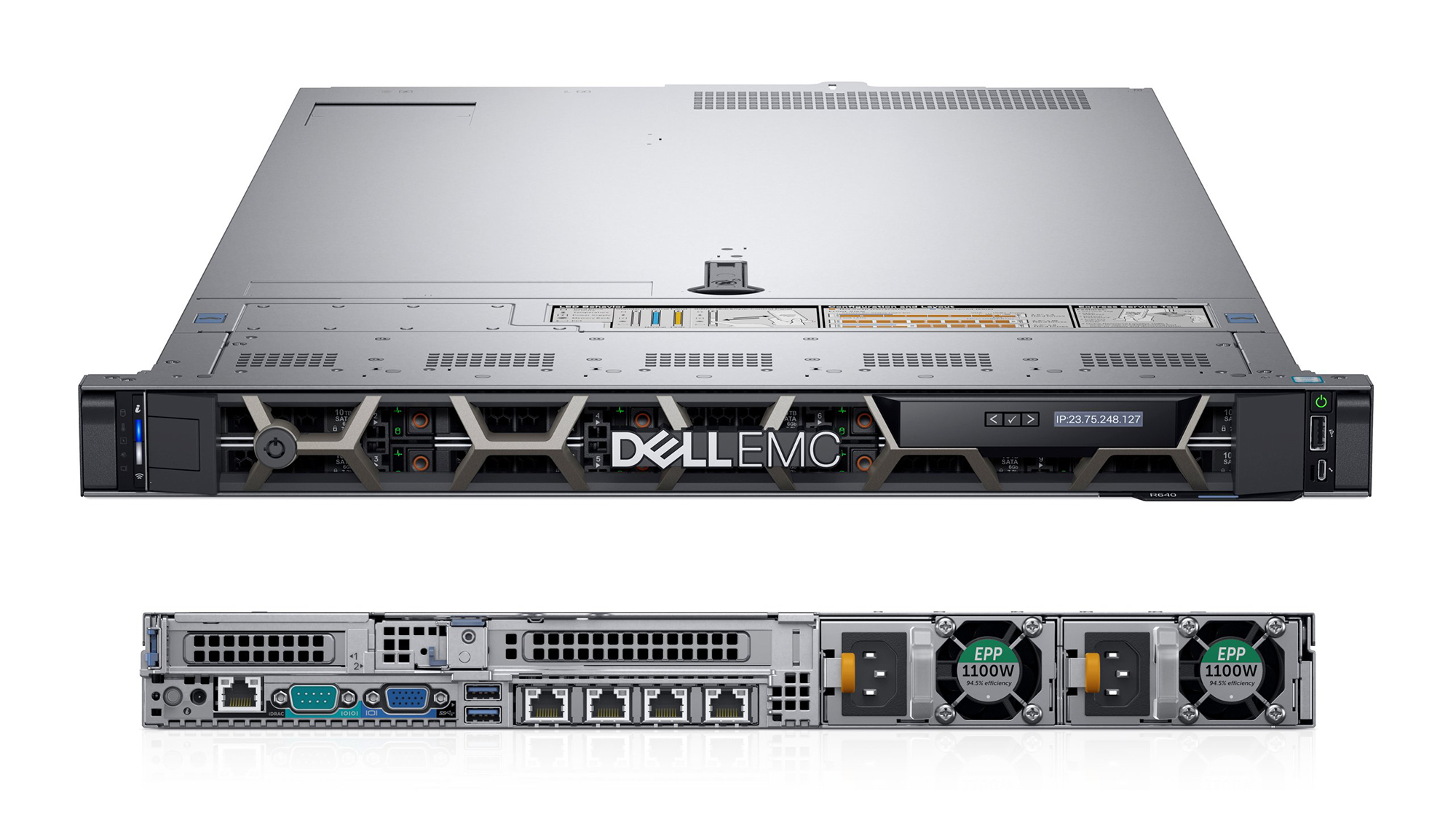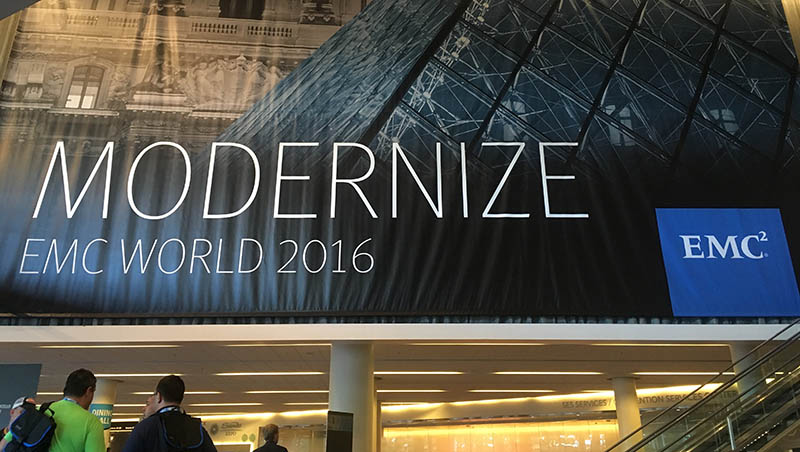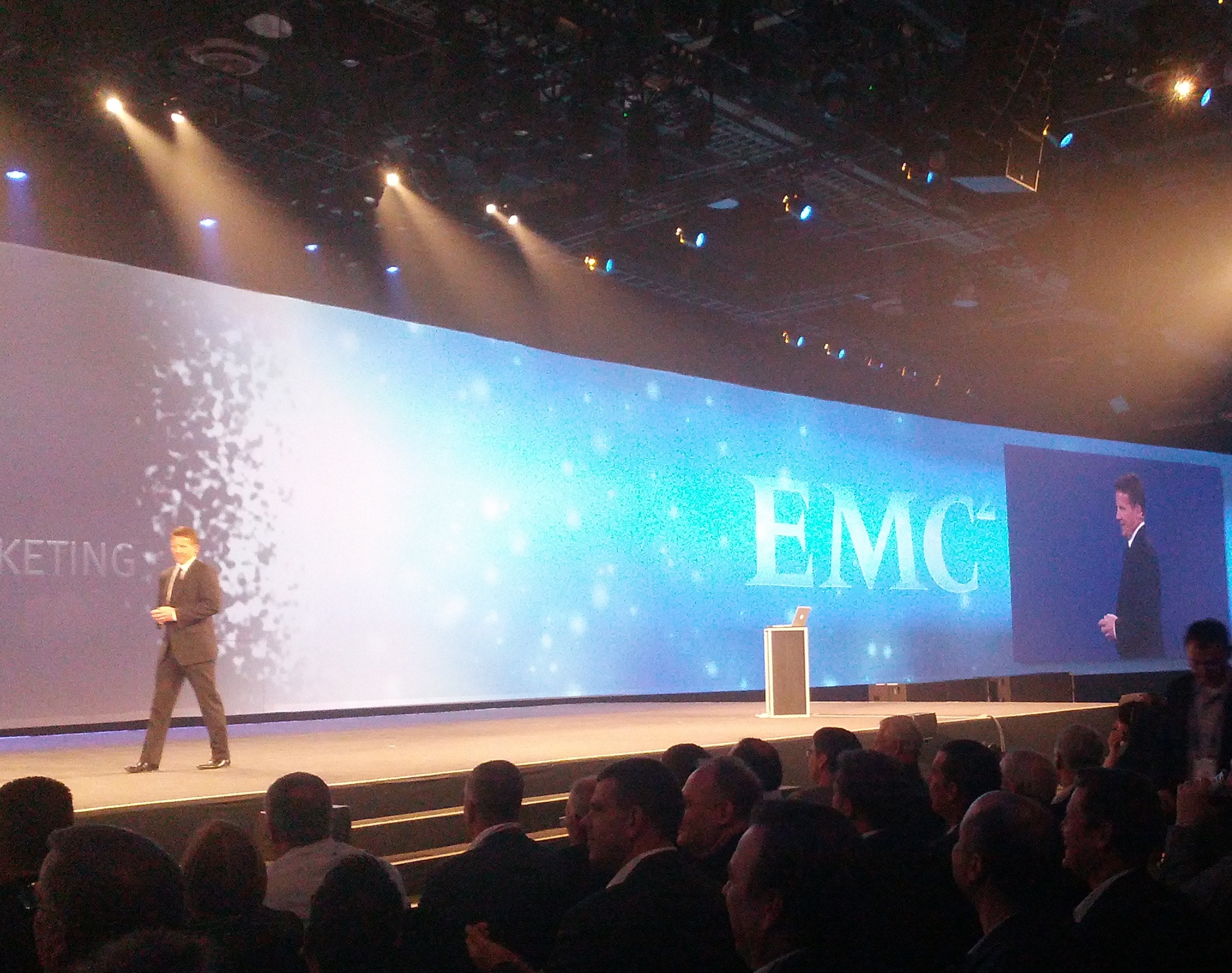Hyperconvergence: A Mid-Market Opportunity
Channel partners have a vital role to play in making hyper convergence a reality, says EMC's Philippe Fosse

A new opportunity is emerging for the channel in the mid-market, thanks to the potential benefits offered by hyper-converged infrastructure.
By uniting in a single integrated system the technology stack of storage, compute, virtualisation and (optionally) network, hyper-converged infrastructure cuts integration and maintenance costs and provides a means to introduce new capabilities without shelling out for additional hardware.
Hyperconvergence provides the option to leapfrog systems based around separate servers, storage and virtualisation systems, making it worthy of serious consideration by organisations that haven't made the move to the cloud -- many of whom are in the mid-market.
Indeed, the potential of hyper-converged infrastructure has been recognised by analyst house IDC, which expects the market to grow by 60% per year until 2019, hitting close to $4 billion in sales. And most of this growth is predicted to come from the mid-market.
The case for the mid-market
A major benefit of hyper-converged infrastructure for mid-sized organisations is the economies of scale it brings. By pre-configuring the different technology elements as an appliance, there is no need to integrate the different elements, reducing complexity and significantly cutting deployment time.
And whatever the customer wants from its IT services, resources can be quickly allocated to cater for it – whether it be virtualisation, app development and testing, analytics, remote sales, HR, or inventory management.
Stay up to date with the latest Channel industry news and analysis with our twice-weekly newsletter
The ability to scale on demand also significantly benefits mid-market organisations – unlike traditional infrastructure they no longer need to size for the future so see significant life cycle savings. With hyper-converged systems, organisations can buy just what they need for today's workloads and simple scale in the future when needed.
Making hyperconvergence work for the channel
Hyperconvergence is a simple sell for the channel – by buying compute, storage networking and virtualisation in a single appliance, the customer is able to save money and time. It also simplifies product lines that channel partners can sell.
Selling hyperconvergence is also an opportunity for channel partners to make the leap from a transactional relationship with customers to something far more consultative, advising mid-market customers on the role hyper-converged infrastructure plays as they transition to the cloud.
Channel partners must gain an understanding of the application and business challenges hyperconvergence will address for individual customers.
For example, if there are concerns around IT management or space restrictions, hyper-converged infrastructure offers a ready solution. Or, if organisations want more flexibility to expand their physical infrastructure at speed, again, there is a place for hyperconvergence.
The step to hyperconvergence is pretty easy for customers familiar with virtualisation to understand, the sales process is more difficult when a customer isn't already pursuing virtualisation. So the channel has a role to play in educating them about definitions, as there are subtle differences between 'hyper-converged', 'converged' and 'virtualisation' that need to be made clear.
By approaching customers about hyperconvergence in this consultative way and using the right language, channel partners can also open up the possibility of reaching higher up the value stack to support customers as they undergo further digital transformation.
The potential for hyperconvergence to reduce costs means customer budgets can be shifted to higher-value activities related to specific business needs. This could include building mobile apps for customers, strengthening disaster recovery or making the shift from physical to virtual desktops -- all of which offer scope for channel players to increase their involvement.
Philippe Fosse is vice president of channel for EMC EMEA
-
 Trump's AI executive order could leave US in a 'regulatory vacuum'
Trump's AI executive order could leave US in a 'regulatory vacuum'News Citing a "patchwork of 50 different regulatory regimes" and "ideological bias", President Trump wants rules to be set at a federal level
-
 TPUs: Google's home advantage
TPUs: Google's home advantageITPro Podcast How does TPU v7 stack up against Nvidia's latest chips – and can Google scale AI using only its own supply?
-

 Dell EMC PowerEdge R640 review
Dell EMC PowerEdge R640 reviewReviews A versatile, low-profile Xeon Scalable rack server with a big heart
-
 Businesses must pay greater attention to third-party risk
Businesses must pay greater attention to third-party riskNews Roles and responsibilities must be agreed on now to avoid blindspots and recriminations
-
 EMC reveals quest to modernise the datacentre at EMC World 2016
EMC reveals quest to modernise the datacentre at EMC World 2016News IT must get most out of existing investments while upgrading, says EMC
-
 EMC open sources more storage software
EMC open sources more storage softwareNews RackHD project aims to make managing storage much easier
-
 EMC makes software-defined ViPR open source
EMC makes software-defined ViPR open sourceNews Project CoprHD is being released to the dev community via GitHub
-
 Software-defined storage could lose your data, warns HDS
Software-defined storage could lose your data, warns HDSNews Hitachi Connect 2015: Why you should be wary of deploying commodity hardware
-
 EMC takes aim at Big Data analytics with latest solution
EMC takes aim at Big Data analytics with latest solutionNews The new solution offers sophisticated storage, analysis and insight on key data to aid faster decision making
-
 NHS in "jeopardy" unless patient data access improves
NHS in "jeopardy" unless patient data access improvesNews NHS England's Tim Kelsey says more needs to be done to make access and sharing of patient data easier